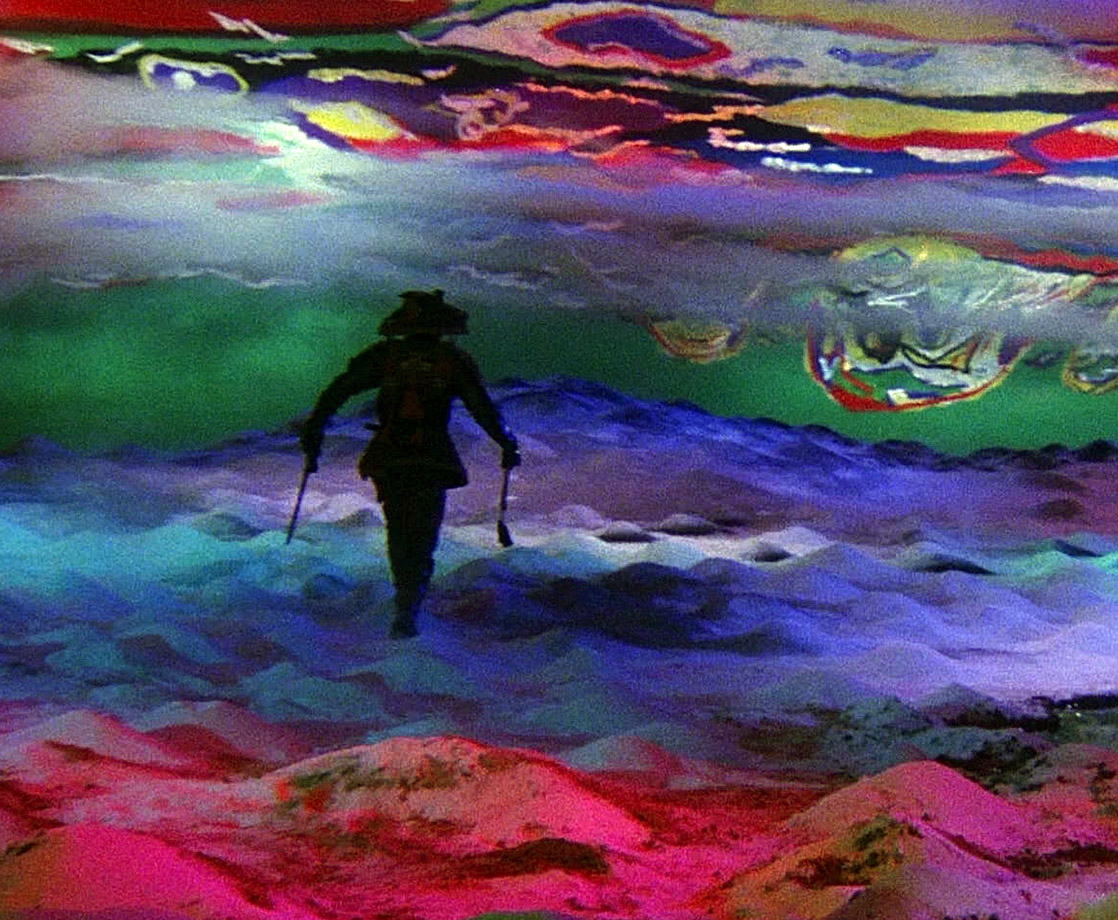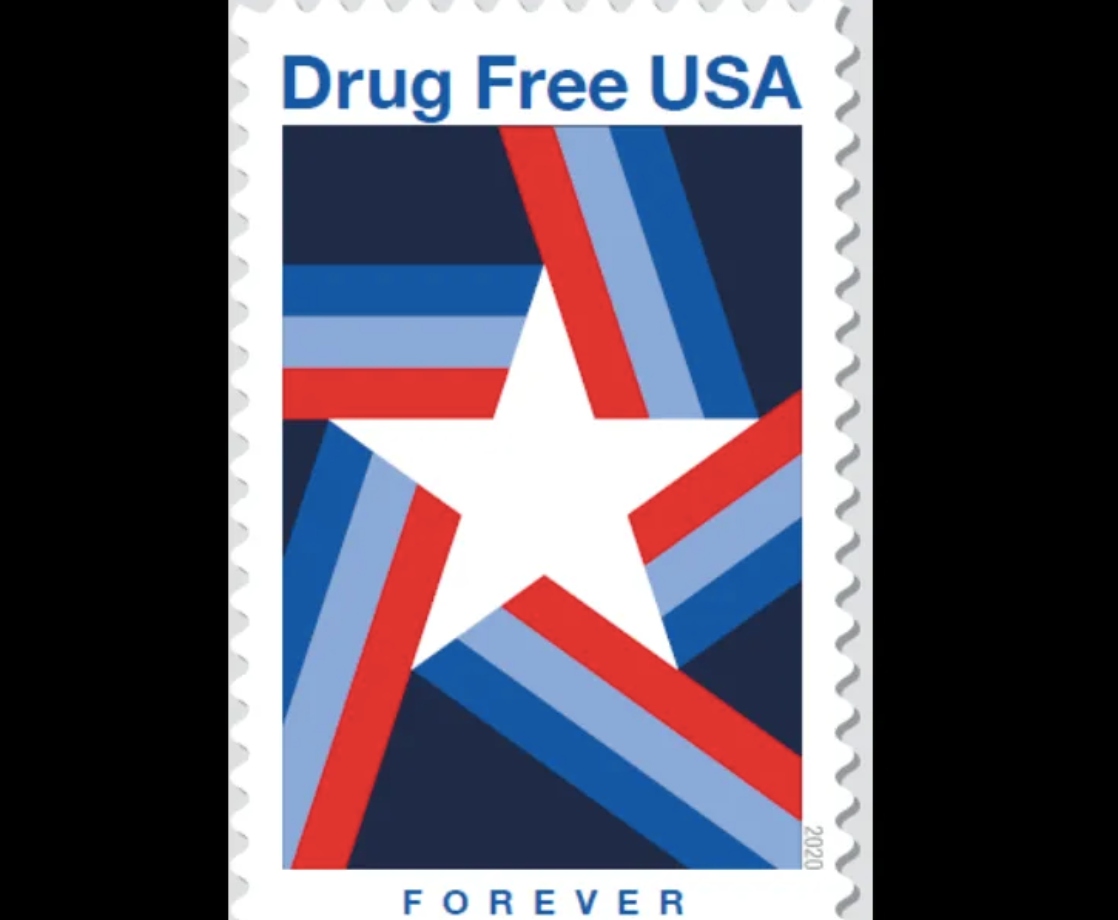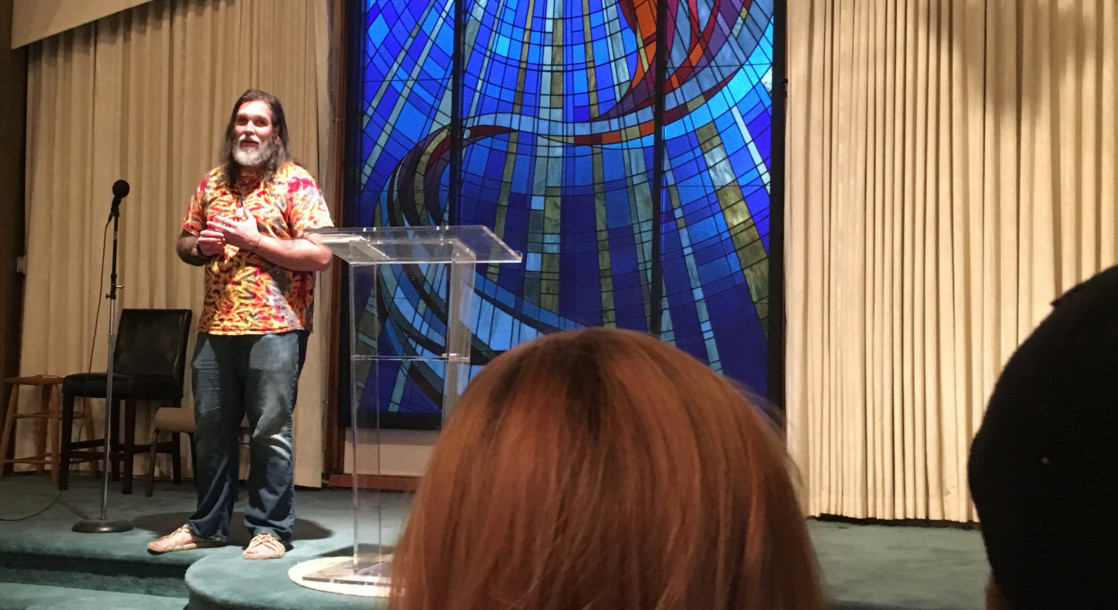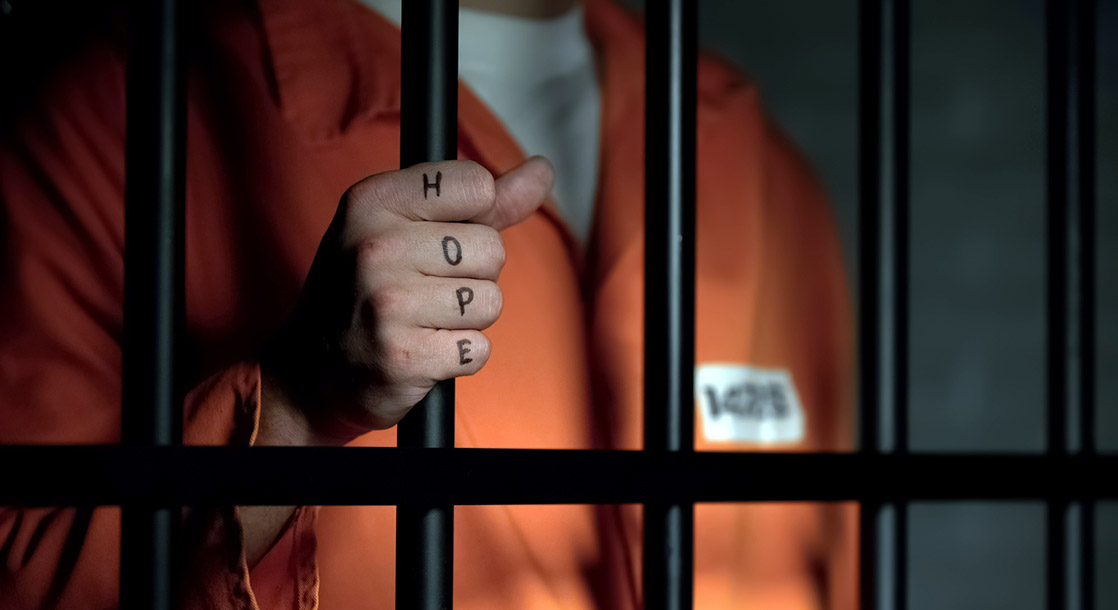When we think of great movies we tend to focus on the same films that have stood the test of time. This continual recognition by critics and fans helps solidify the status of classics like Casablanca, The Godfather I & II, Pulp Fiction, and so forth, but it also makes it easier for other deserving films to be overlooked by the general public and simply fade into history. It’s something that can even happen to films by respected directors featuring big-name stars that received critical acclaim and Academy Award nominations at the time of their release.
So for this week’s column, we’ll be taking a second look at some noteworthy films currently available on Netflix that, as years go by, run the risk of being unjustly forgotten. This is not to suggest that every movie featured here should be hailed as a classic (although a couple of these selections do merit having that discussion). But all these films are under-appreciated in one form or another.
During his 50-year career, Japanese visionary Akira Kurosawa (1910–1998) became known as one of the world’s greatest and most influential filmmakers. His early work inspired George Lucas when writing the script for Star Wars (1977). Actually, it was Lucas, along with Francis Ford Coppola, who helped Kurosawa secure money for Kagemusha, a historical saga that impresses both with its large-scale samurai battles and dramatic scenes of internal conflict. The film was big in Japan and won the Palme d’Or at Cannes, but failed to drum up much interest in the US. If you want to see it, you better hurry, though. The film leaves Netflix this Sunday, October 1.
Since winning the Oscar for My Left Foot in 1989, Daniel Day-Lewis, who many consider the best actor alive today, has appeared in only 12 films, including Paul Thomas Anderson’s still-untitled next film. There Will Be Blood, his prior work with PTA, might rank as his most well-known movie. Lesser known is The Crucible (1996), co-starring Stranger Things‘ Winona Ryder in one of her finest roles. The engrossing drama about the Salem Witch Trials works on you like a fever dream, its intensity growing into an astonishing display of human madness.
It’s widely accepted that Shawshank Redemption (1994) sits atop not only the greatest movies about prison life but also most films in general. Released 14 years earlier, Brubaker, which stars Robert Redford — and, coincidentally, features Morgan Freeman in a bit role as an inmate — may not be as great, but it’s still a damn good piece of filmmaking that speaks out against the injustices convicts faced in the deep South in the late ’60s.
After a string of outlandish performances in some not-so-good movies and his long-standing status as a meme, some of Nicolas Cage’s better performances are often overshadowed. Case in point, the con man movie Matchstick Men, in which Cage’s strongest attributes as an actor are given free reign. It’s a film that has solid acting across the board, but Cage is crucial to its success.
To some people, the Before Sunrise, Sunset, Midnight trilogy or Boyhood is Richard Linklater’s crowning achievement. To others, that honor goes to Dazed and Confused. Few, one suspects, would choose Waking Life, his free-flowing animated feature that one minute is contemplating the meaning of the universe and the next is making cool allusions to some of his other films. For anyone who loves staying up all night trying to find the answers to all life’s questions, it’s a movie that should be on your radar — if it isn’t already.
Warning: May Contain Spoilers
Kagemusha (1980)
Starring: Tatsuya Nakadai, Tsutomu Yamazaki, Kenichi Hagiwara
Director: Akira Kurosawa
Genre: History, Drama, War
Only a true genius like Kurosawa could make a near-masterpiece like Kagemusha and have it not be considered amongst his best films. Recommended only to those with a patience for the art of the slow-build and an appreciation for amazing-detailed accuracy, this nearly three-hour epic features some spectacular imagery that’s not easily forgotten.
Kurosawa’s research-heavy original story (co-written with Masato Ide) is one of Shakespearean proportions, telling the tale of a common criminal who serves, for strategic purposes, as the doppelgänger to a powerful shogun in feudal Japan. (Tatsuya Nakadai portrays both men.) The film depicts an outsider in an inner circle under pressure to be someone he’s not, caught between fear and uncertainty, loyalty and duty.
Viewed as a major comeback for the director, who spent most of the ’70s in limbo, Kagemusha was plagued by production problems that included everything from on-set accidents to troublesome actors. But you wouldn’t guess it by the final results. The film looks magnificent and is breathtaking in its scope. There’s something about battle scenes featuring thousands of extras and hundreds of real horses that’s hard to match. It makes an impression that can’t be replicated by computers. In more ways than one, Kurosawa’s film about a warlord’s double reminds us that nothing compares to the genuine article.
The Crucible (1996)
Starring: Daniel Day-Lewis, Winona Ryder, Paul Scofield, Joan Allen
Director: Nicholas Hytner
Genre: Drama, History
The Crucible is based on Arthur Miller’s classic 1953 play about the Salem Witch Trials of 1692. Miller, who also wrote the screenplay for this 1996 version, originally intended The Crucible to be a reaction to McCarthyism and his refusal to name names during the Hollywood blacklist. Miller saw the parallels between the 17th century fear of Satanism found in American colonies and the Communist hysteria that overtook the nation in the 1940s and ’50s.
In light of today’s sociopolitical climate that’s full of flat-Earthers, anti-vaccine activists, and conspiracy theorists who believe in crisis actors and false flag events, it’s tempting to now view The Crucible as a warning about mankind’s refusal to give up superstition, no matter how technologically advanced we think we are.
Perhaps the best compliment you can pay this spell-binding film is that it makes you understand how it was possible for people in colonial times to get caught up in a religious frenzy and succumb to a mob mentality. And after being inundated for years with horror movies about witchcraft and exorcisms that rely too much on jump scares and phony-looking demons, it’s welcoming to witness a film in which all the devils are imagined and the real horror is human ignorance.
Brubaker (1980)
Starring: Robert Redford, Yaphet Kotto, Jane Alexander
Director: Stuart Rosenberg
Genre: Drama
Brubaker has all the everyday struggles of life behind bars that you’d expect from a prison movie. The prisoners we meet are trying to survive in a violent hellhole, a place where the food is full of worms, the roof caves in when it rains, and inmates are forced to work under conditions one step away from slavery.
Partially based on a book by former warden (and technical adviser on the film) Thomas O. Murton, Brubaker also has a touch of realism that most prison dramas are lacking. The deplorable environment we see is not just the stuff of Hollywood fantasy. Robert Redford may have prototypical movie star looks, but the rest of the cast, which includes respected character actors like Yaphet Kotto (Alien), David Keith (Firestarter), Everett McGill (Twin Peaks) and Joe Spinell (Maniac), all blend in with the harsh surroundings. Plus, the extras are played by actual ex-cons.
Brubaker is asking you to look at these convicts as human beings, though to its credit, it doesn’t paint these men as angels either. Furthermore, it’s honest about the difficulties of changing a corrupt, institutionalized system. The film, however, doesn’t provide any easy, feel-good answers to this complicated problem because, unfortunately, that’s the case in reality, too.
Matchstick Men (2003)
Starring: Nicolas Cage, Alison Lohman, Sam Rockwell
Director: Ridley Scott
Genre: Crime, Drama
When watching movies about con games, it’s hard not to get entranced by the lies and deceit that the perpetrators weave to outwit their gullible victims. Every move is watched with bated breath, knowing that the charade can fall apart at any moment.
Yes, there’s intrigue and suspense in Ridley Scott’s underrated Matchstick Men. But what really sets it apart is Nicolas Cage’s layered portrayal of a veteran con artist with severe OCD and emotional baggage. It’s a role that gives the actor the opportunity to indulge in his wild antics that date all the way back to Vampire’s Kiss (1988). Cage sells every tick, every mumble, every bugged-out reaction as he’s known to do, but the performance is balanced out with more reserved scenes where he has moments of newfound hope that normalcy is just an arm’s length away.
It’d be wrong not to also mention Alison Lohman, who is both a pivotal part of the story and also the perfect complement to Cage’s inspired performance. Together, they are the heart of Matchstick Men and give the film its sudden emotional impact.
Waking Life (2001)
Starring: Wiley Wiggins, Charles Gunning, Alex Jones, Richard Linklater
Director: Richard Linklater
Genre: Animation, Drama
Waking Life is the spiritual cousin to Slacker. For those who’ve never seen Richard Linklater’s 1991 breakout film, it’s basically a detour through Austin, Texas, in which a camera follows one random Gen-X’er to the next, spending a few minutes with each one as they share their ideas about everything from old Scooby-Doo episodes to space alien conspiracies to the meaning of life and death. Waking Life takes a similar approach, only it has a main character (Wiley Wiggins) who we stick with as he wanders around, running into different people who expound on various worldviews and philosophies. (Don’t worry if some of these theories go over your head. The film invites you to think and that’s what’s most important.)
Waking Life was shot like a regular live-action feature then rotoscope-animated. This decision starts making sense later on when the film settles into the exploration of lucid dreaming. The animation works in tandem with the conversations on screen, and the inconsistent look of the main character plays into the concepts of parallel universes and dream states, where people and environments look familiar but are slightly askew.
If all this sounds convoluted — or pretentious — then maybe avoid this one. Everyone else, don’t forget your thinking caps…. and some good herb wouldn’t hurt either.











